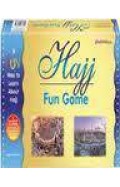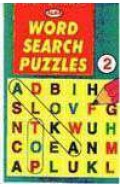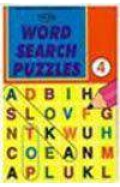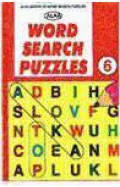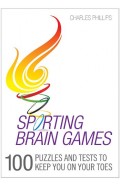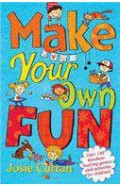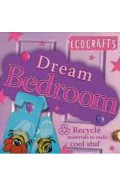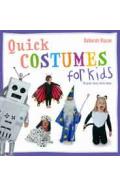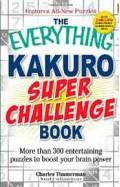Magic Cube : (Rubiks)
By: Erno Rubik
-
Rs 625.50
- Rs 695.00
- 10%
You save Rs 69.50.
Due to constant currency fluctuation, prices are subject to change with or without notice.
The Rubik's Cube is a 3-D combination puzzle invented in 1974 by Hungarian sculptor and professor of architecture Ernő Rubik. Originally called the Magic Cube, the puzzle was licensed by Rubik to be sold by Ideal Toy Corp. in 1980 via businessman Tibor Laczi and Seven Towns founder Tom Kremer. Rubik's Cube won the 1980 German Game of the Year special award for Best Puzzle. As of January 2009, 350 million cubes had been sold worldwide, making it the world's bestselling puzzle game and bestselling toy.
On the original classic Rubik's Cube, each of the six faces was covered by nine stickers, each of one of six solid colours: white, red, blue, orange, green, and yellow. Some later versions of the cube have been updated to use coloured plastic panels instead, which prevents peeling and fading. In models as of 1988, white is opposite yellow, blue is opposite green, and orange is opposite red, and the red, white, and blue are arranged in that order in a clockwise arrangement. On early cubes, the position of the colours varied from cube to cube. An internal pivot mechanism enables each face to turn independently, thus mixing up the colours. For the puzzle to be solved, each face must be returned to have only one colour. Similar puzzles have now been produced with various numbers of sides, dimensions, and stickers, not all of them by Rubik.
The Rubik's Cube is a 3-D combination puzzle invented in 1974 by Hungarian sculptor and professor of architecture Ernő Rubik. Originally called the Magic Cube, the puzzle was licensed by Rubik to be sold by Ideal Toy Corp. in 1980 via businessman Tibor Laczi and Seven Towns founder Tom Kremer. Rubik's Cube won the 1980 German Game of the Year special award for Best Puzzle. As of January 2009, 350 million cubes had been sold worldwide, making it the world's bestselling puzzle game and bestselling toy.
On the original classic Rubik's Cube, each of the six faces was covered by nine stickers, each of one of six solid colours: white, red, blue, orange, green, and yellow. Some later versions of the cube have been updated to use coloured plastic panels instead, which prevents peeling and fading. In models as of 1988, white is opposite yellow, blue is opposite green, and orange is opposite red, and the red, white, and blue are arranged in that order in a clockwise arrangement. On early cubes, the position of the colours varied from cube to cube. An internal pivot mechanism enables each face to turn independently, thus mixing up the colours. For the puzzle to be solved, each face must be returned to have only one colour. Similar puzzles have now been produced with various numbers of sides, dimensions, and stickers, not all of them by Rubik.
Zubin Mehta: A Musical Journey (An Authorized Biography)
By: VOID - Bakhtiar K. Dadabhoy
Rs 630.00 Rs 1,050.00 Ex Tax :Rs 630.00
Sporting Brain Games: 100 Puzzles Plus Trivia to Keep You on Your Toes -
By: Charles Phillips
Rs 855.00 Rs 950.00 Ex Tax :Rs 855.00
Make Your Own Fun Over 140 Boredom Busting Games and Activities for Children
By: Josie Curran
Rs 446.25 Rs 595.00 Ex Tax :Rs 446.25
Dream Bedroom: Recycled Materials to Make Cool Stuff Ecocrafts
By: Rebecca Craig
Rs 746.25 Rs 995.00 Ex Tax :Rs 746.25
The Everything Kakuro Super Challenge Book: More than 300 entertaining puzzles to boost your brain power -
By: Charles Timmerman
Rs 562.50 Rs 750.00 Ex Tax :Rs 562.50
No similar books from this author available at the moment.
No recently viewed books available at the moment.
Zubin Mehta: A Musical Journey (An Authorized Biography)
By: VOID - Bakhtiar K. Dadabhoy
Rs 630.00 Rs 1,050.00 Ex Tax :Rs 630.00














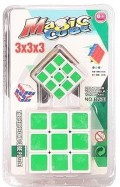
-120x187.jpg?q6)





